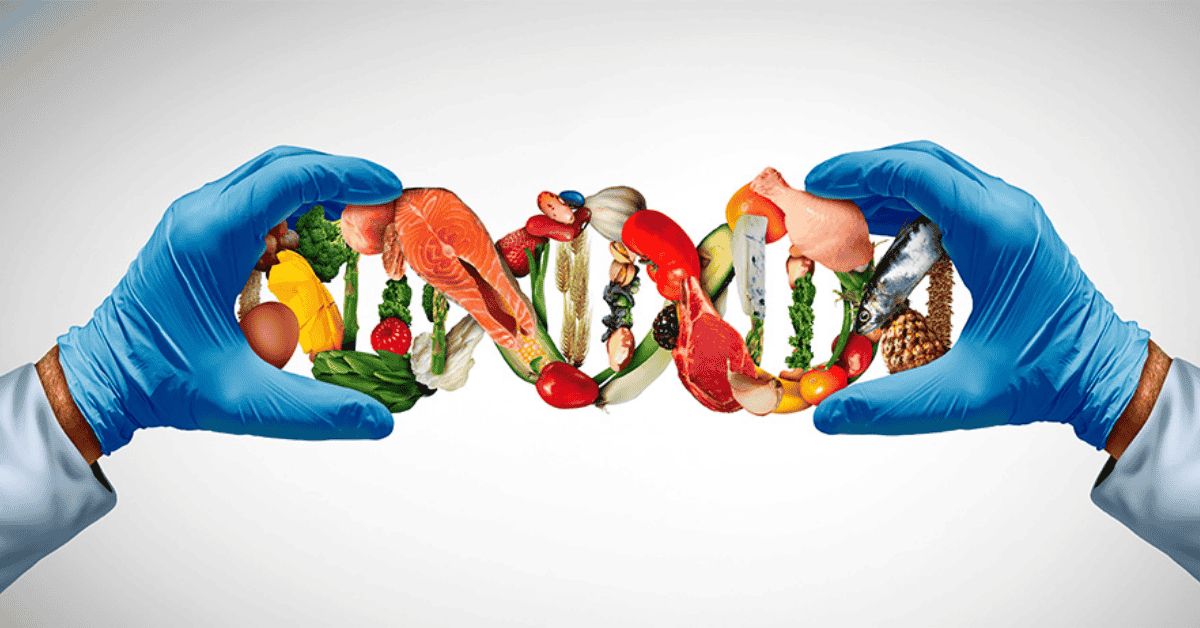There are no items in your cart
Add More
Add More
| Item Details | Price | ||
|---|---|---|---|
In today’s world, where fad diets come and go, there’s one approach that stands the test of time: personalized nutrition based on your DNA. This is where Genetic Wellness and Nutrigenomics come into play. It’s a powerful science that helps us understand how our unique genetic makeup influences the way our body responds to food, nutrients, and lifestyle choices. Let’s explore five fascinating facts that highlight why this emerging field is transforming the way we look at health and nutrition.

🌿 1. Your Genes Influence How You Metabolize Food :
Ever wondered why coffee makes some people jittery while others sip on several cups with ease? The answer lies in your genes. For example, a gene called CYP1A2 affects how quickly your body breaks down caffeine. Similarly, your genetic profile also determines how efficiently you metabolize carbohydrates, fats, and proteins. Understanding these differences allows for smarter food choices that align with your body’s needs.
🧬 2. Nutrigenomics Personalizes Your Diet Nutrigenomics:
is the science of how food interacts with your genes. Unlike one-size-fits-all diet plans, a nutrigenomics-based approach crafts a personalized diet tailored to your DNA. This means the food you eat is not just healthy—it’s the right kind of healthy for your genetic blueprint. Whether you're aiming for weight loss, better energy, or disease prevention, this method makes your efforts more effective.
💪 3. Genetic Testing Can Reveal Hidden Nutrient Deficiencies:
Even if you eat a balanced diet, your genes may limit how well your body absorbs or utilizes certain nutrients. For example, genetic variations can increase your risk of Vitamin D, B12, folate, or iron deficiencies. A simple DNA test can uncover these predispositions, helping you take proactive steps to fill those nutritional gaps through food or targeted supplementation.
🔄 4. Genes Load the Gun, Lifestyle Pulls the Trigger:
Just because you have a genetic risk for a condition like diabetes or heart disease doesn’t mean you’re destined to develop it. Your daily choices—what you eat, how active you are, how well you sleep, and how you manage stress—can influence gene expression. This is an empowering reminder that we are not victims of our genes, but active participants in our wellness journey.
🧘♀️ 5. You Can Use Food to Influence Gene Expression (Epigenetics) Epigenetics is the study of how lifestyle factors turn genes on or off. Foods rich in antioxidants, omega-3 fats, and phytochemicals (like broccoli, turmeric, green tea) can activate protective genes and silence inflammatory or harmful genes. This means your food choices are not just fuel—they are information for your DNA.
💡 Finally Genetic wellness is not about lab reports—it's about empowerment. By understanding your unique genetic code and aligning your nutrition with it, you can unlock vibrant health, prevent disease, and feel more in control of your wellbeing. If you're ready to discover how your genes can guide your nutrition and lifestyle choices, consider exploring Diet, Nutrition % Genetic Wellness or DNA-Based Wellness Coaching. Your body already has the answers—it’s time to start listening.

{{Team WSA}}